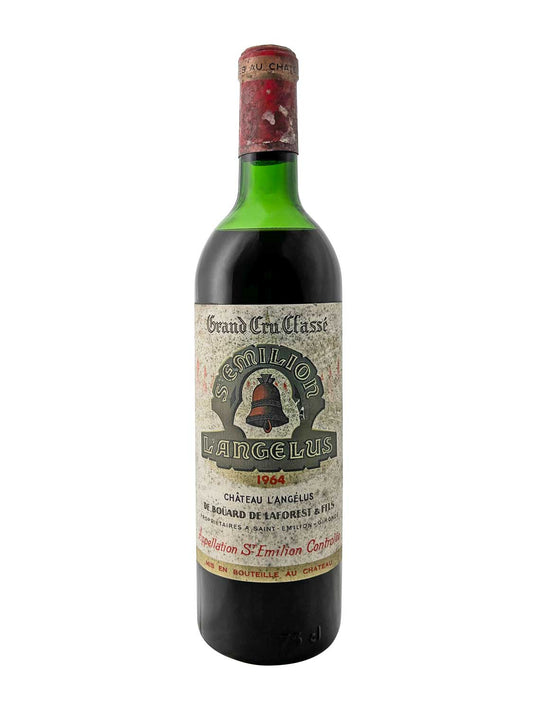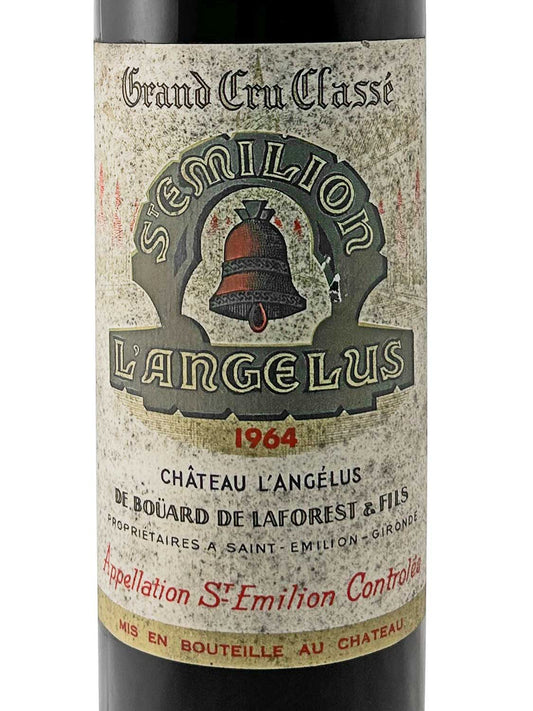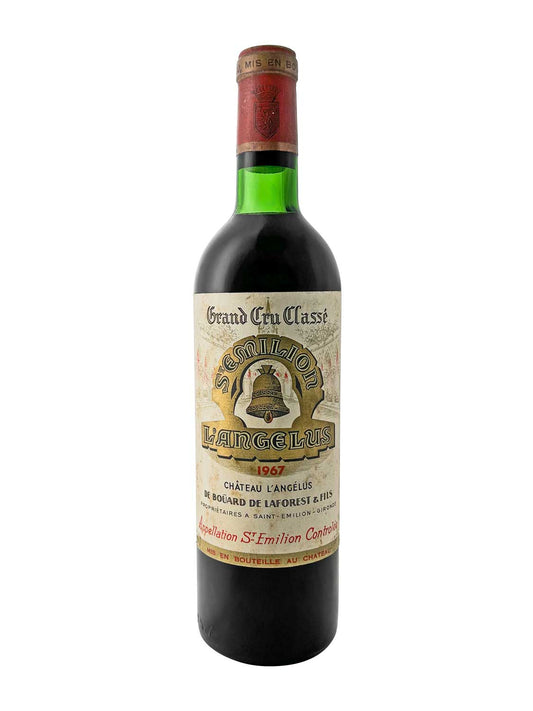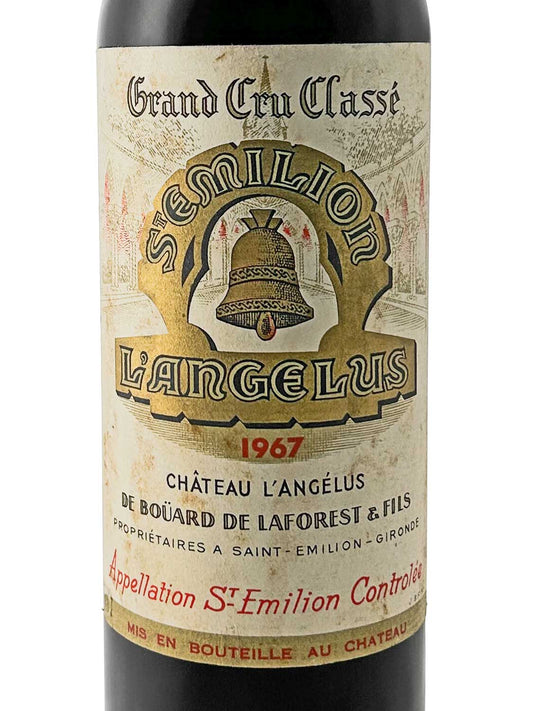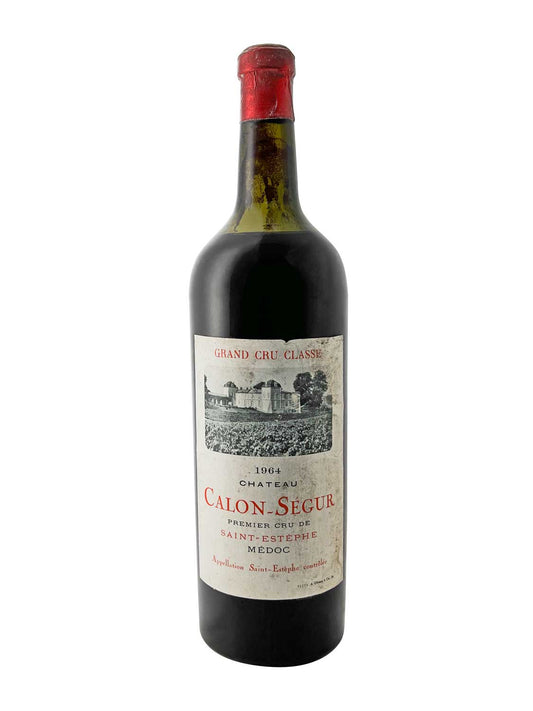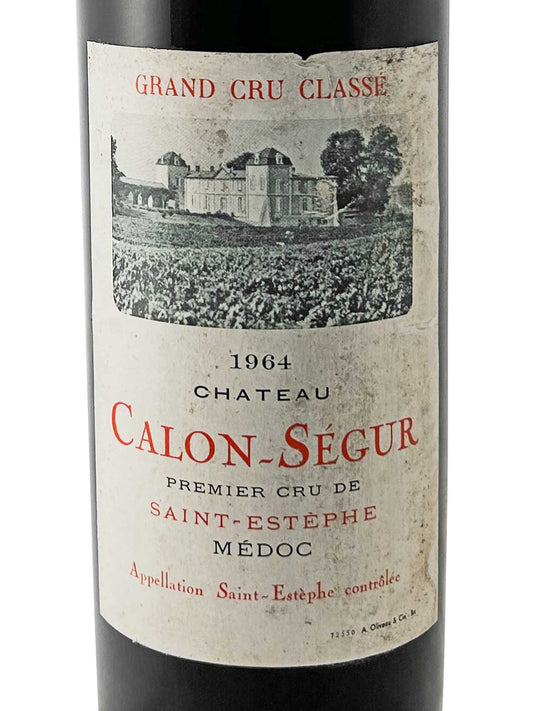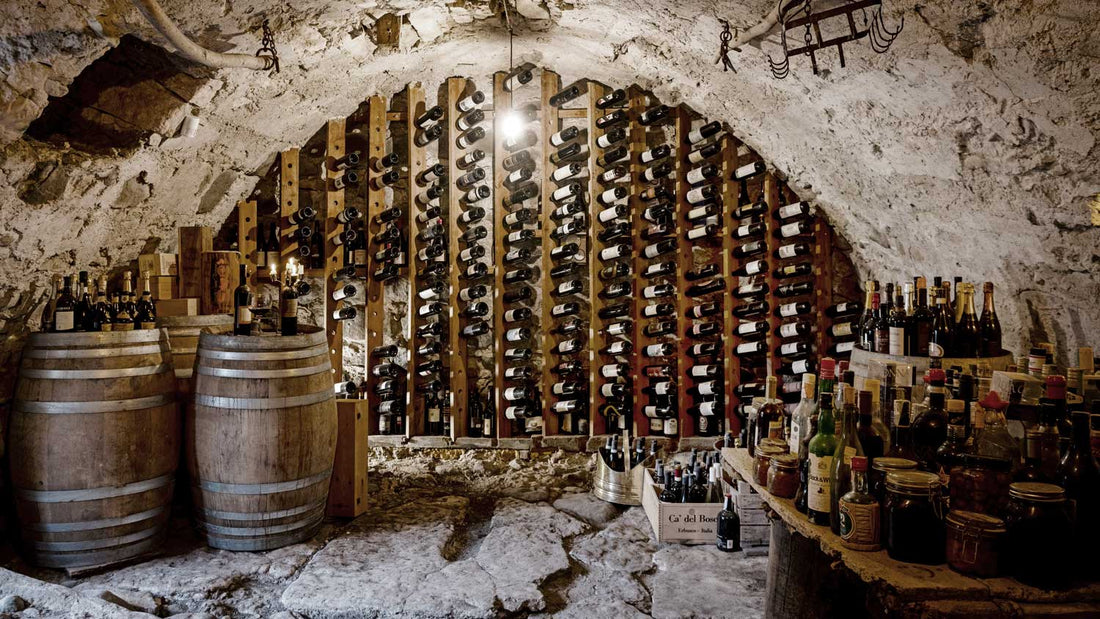
What makes a wine collection a collection?
6 aspects of a serious wine collection
A wine collection is more than just a collection of bottles; it's the result of passion, knowledge, and often a certain amount of strategy. But what exactly makes a wine collection a true collection? In this post, we'll explore the various aspects that define a wine collection and distinguish it from a mere collection.
1. Targeted selection
One of the key characteristics that distinguishes a wine collection is the deliberate selection of wines. Wine collectors don't choose their bottles randomly, but rather based on specific criteria such as vintage, region, grape variety, or producer. This conscious decision demonstrates a deep understanding of wine and its diversity. For example, a collector might focus on Bordeaux wines or collect only vintages considered particularly outstanding.
Read also: Wine of the Century - Masterpiece of Wine Production
2. Documentation and cataloging

Another important aspect of a wine collection is documentation. Wine collectors often keep logs of their wine bottles, recording information such as purchase date, price, origin, and personal notes. This cataloging not only allows the collector to keep track of their wine collection but also to monitor the value of their investments. A well-documented collection can also be extremely beneficial in future sales or auctions.
3. Storage and care
Proper storage is crucial for the quality of the wines in a collection. A true collector ensures that their wine bottles are stored under optimal conditions—ideally in a cool, dark place with a constant temperature and humidity. Maintaining a collection also includes regular checks of the condition of the bottles and corks, as well as rotating older vintages.
Also read: How old can wine get?
4. Passion and education
A true wine collection reflects the collector's passion. Many collectors continually strive to expand their knowledge of wine—whether through reading specialized literature, attending tastings, or engaging in exchanges at wine fairs like ProWein . This continuous education helps ensure that the wine collection not only grows but also maintains its high quality.
5. Social aspects

Wine has a strong social aspect: Many wine collectors enjoy sharing their wines with friends and family or celebrating special occasions. A well-curated collection can spark conversations and create shared experiences. Social interaction around wine can also lead to new contacts being made and the collector's network expanding.
6. Investment
For many people, collecting wine is also a form of investment. Certain wines can increase significantly in value over time, making collecting even more attractive. A true wine collector will therefore pay attention not only to the enjoyment of their wine, but also to the potential of their bottles as investment objects.
Also read: 7 reasons why wine in wooden boxes is popular
Conclusion
A wine collection is defined by several factors: purposeful selection, careful documentation and storage, and a deep passion for wine are crucial for transforming a simple collection of bottles into a true collection. Ultimately, collecting is about more than just ownership; it's a journey full of discovery and experience in the fascinating world of wine. Whether for enjoyment or as an investment, a well-curated wine collection enriches not only the life of the wine collector, but also that of their friends and family.

